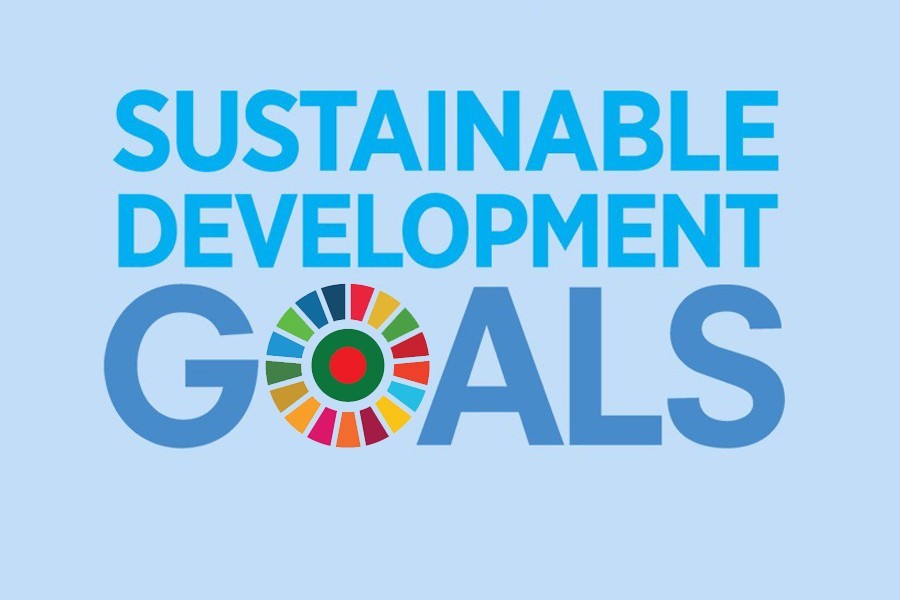Bangladesh urged the world community to address the issue of funding for the successful implementation of the Sustainable Development Goals (SDG).
“Arranging necessary financing for infrastructure indeed has been identified as the single largest challenge in the successful implementation of the 2030 SDGs at the global level,” Bangladesh state minister for foreign affairs M Shahriar Alam told a discussion on ‘Sustainability Day 2022’ organised by the UN Global Compact Network Bangladesh on Wednesday.
The momentum of implementing the Agenda 2030 for Sustainable Development has been affected by many interlinked challenges such as the COVID-19 pandemic, climate change, Ukraine Crisis and so on, Mr Alam said adding issues like conflicts, inequality, intolerance, xenophobia, terrorism, forced displacements etc. are threatening to reverse the progress made by the countries in recent decades.
According to the state minister, due to the recent global food, energy and economic crisis, developing countries are facing more challenges to implement all the targets of SDGs effectively.
“We are in fact also facing the challenge of adequate funding for the infrastructure development in the developing world, especially for the Least Developed Countries,” he added.
He mentioned that Bangladesh submitted the second Voluntary National Review (VNR) of SDGs in 2020 and in VNR, the country highlighted its implementation approach towards Agenda 2030, which includes the SDGs Action Plan, well-formulated financing strategies and alignment of our national socio-economic development initiatives and plans with the SDGs targets.
Recognising the importance of international trade as a vital instrument for development, the state minister called for ensuring a universal, non-discriminatory and equitable multilateral trading system.
In this connection, he called upon the Member States of the World Trade Organization (WTO) to act on this.
“To complement the Government’s actions on resource mobilization for SDGs, sustainable investments from the private actors are very essential as well. However, the centrality of Overseas Development Assistance (ODA) and Foreign Direct Investment (FDI) must not be overlooked” he added.
He also underscored the need for effective climate action saying that at the global level, Bangladesh has been voicing the concerns of the climate-vulnerable countries, since climate change is already adversely impacting the development initiatives including the lives and livelihoods of many people.
He also emphasised that “Partnership for Goals” is crucially important for the successful implementation of SDGs.
Highlighting the importance of SDG Goal 17 on international cooperation, to sustain a sustainable growth trajectory, Bangladesh wants to forge effective partnerships locally, regionally and internationally with development partners, civil societies and private sectors.
“As Bangladesh is set to graduate from the LDC category by 2026, we also hope to revitalize our actions to reorient the goals of SDGs for smooth and sustained graduation” he noted.
He mentioned that following the guiding principles of our Father of the Nation Bangabandhu Sheikh Mujibur Rahman and the country’s peace-centric foreign policy, Bangladesh will continue to promote sustainable growth, solidarity, peace and justice. In this connection,
He underscored Bangladesh’s strong conviction that SDG 16 on peace and inclusive societies is to be fully implemented globally to rip the benefit of all.
Bangladesh remains keen to work with the international community and the multilateral system to this end, he said calling upon everyone to work together to unlock newer opportunities for a better and prosperous future for present and future generations leaving no one behind.
Mr. Farooq Sobhan, a Representative of the UN Global Compact Network Bangladesh GCNB, chaired the meeting.


